Possible Duplicate:
SQL Server - Query Short-Circuiting?
Is the SQL WHERE clause short-circuit evaluated?
I have a question regarding performance of logical OR operators in T-SQL (SQL Server 2005).
I have searched around a little but I couldn't find anything on the subject.
If you have the following query:
SELECT * FROM Table WHERE (randomboolean OR HeavyToEvaluateCondition)
Wouldn't the procedure interpreter go as far as the randomboolean and skip evaluation of the heavy condition in order to save performance given that the first condition is true?
Since one of the values in an OR statement is true it would be unnecessary to evaluate the second condition since we already know that the first condition is met!
I know it works like this in C# but I want to know if I can count on it in T-SQL too.
